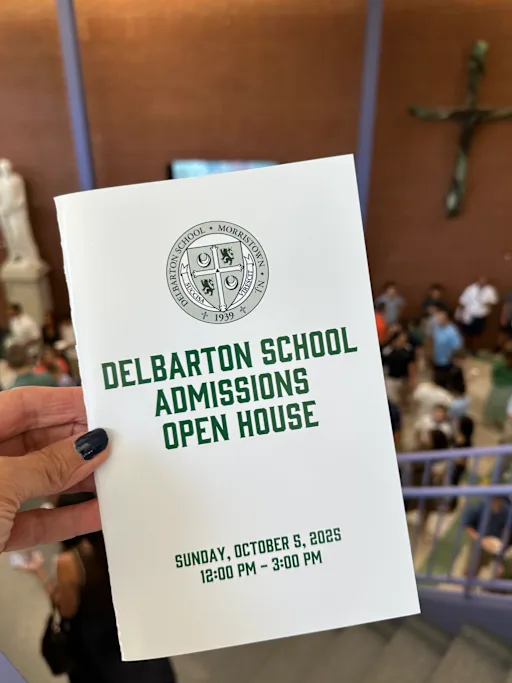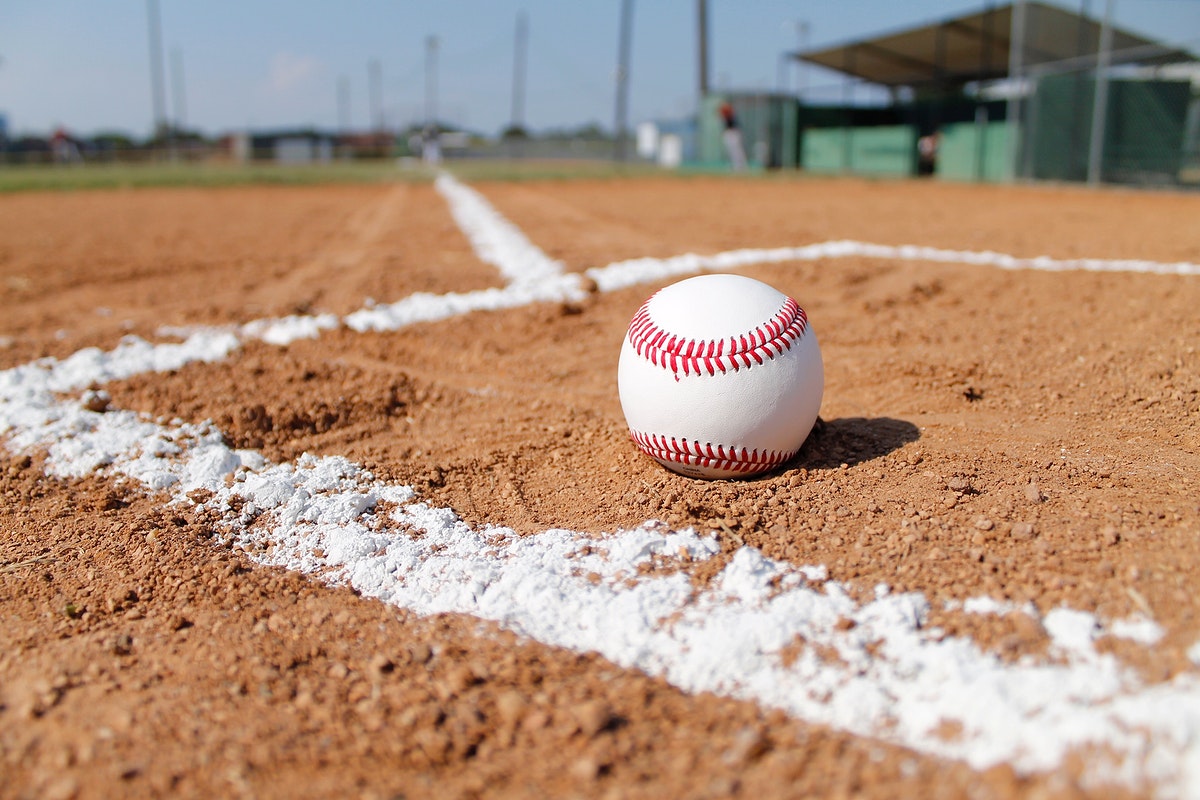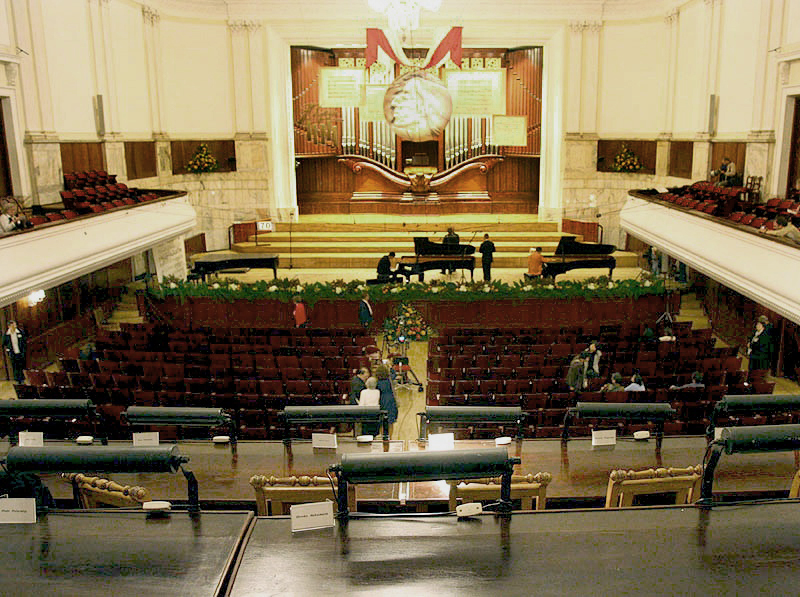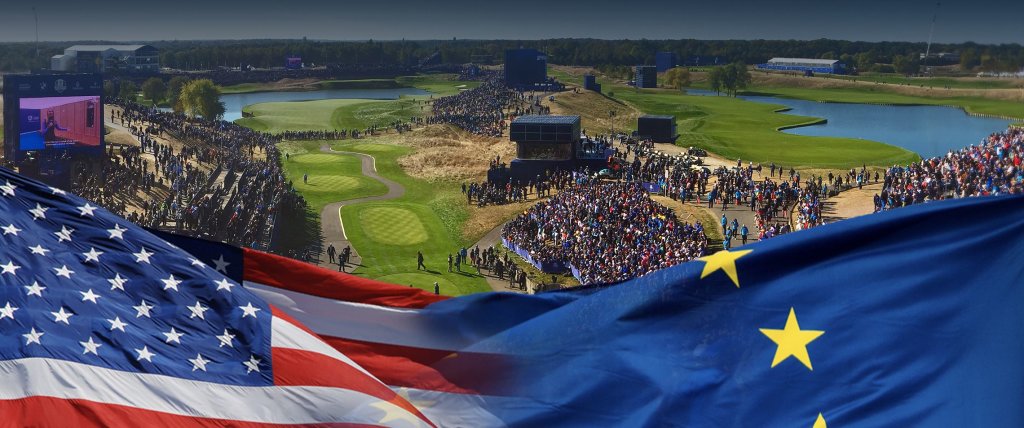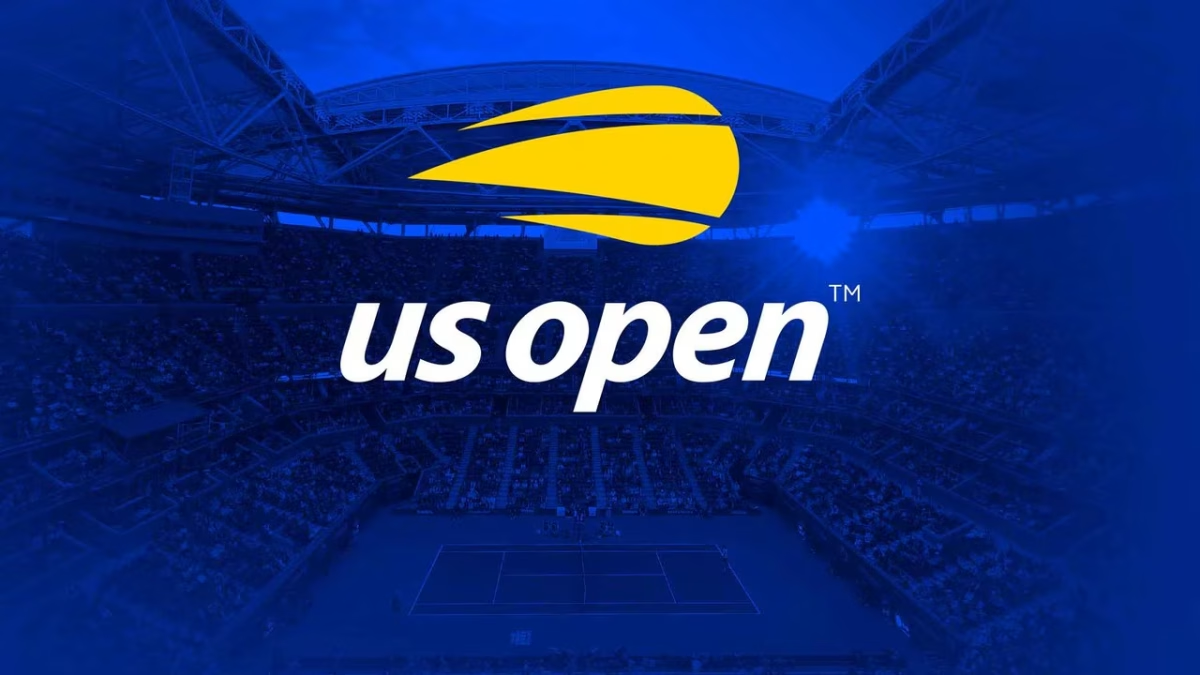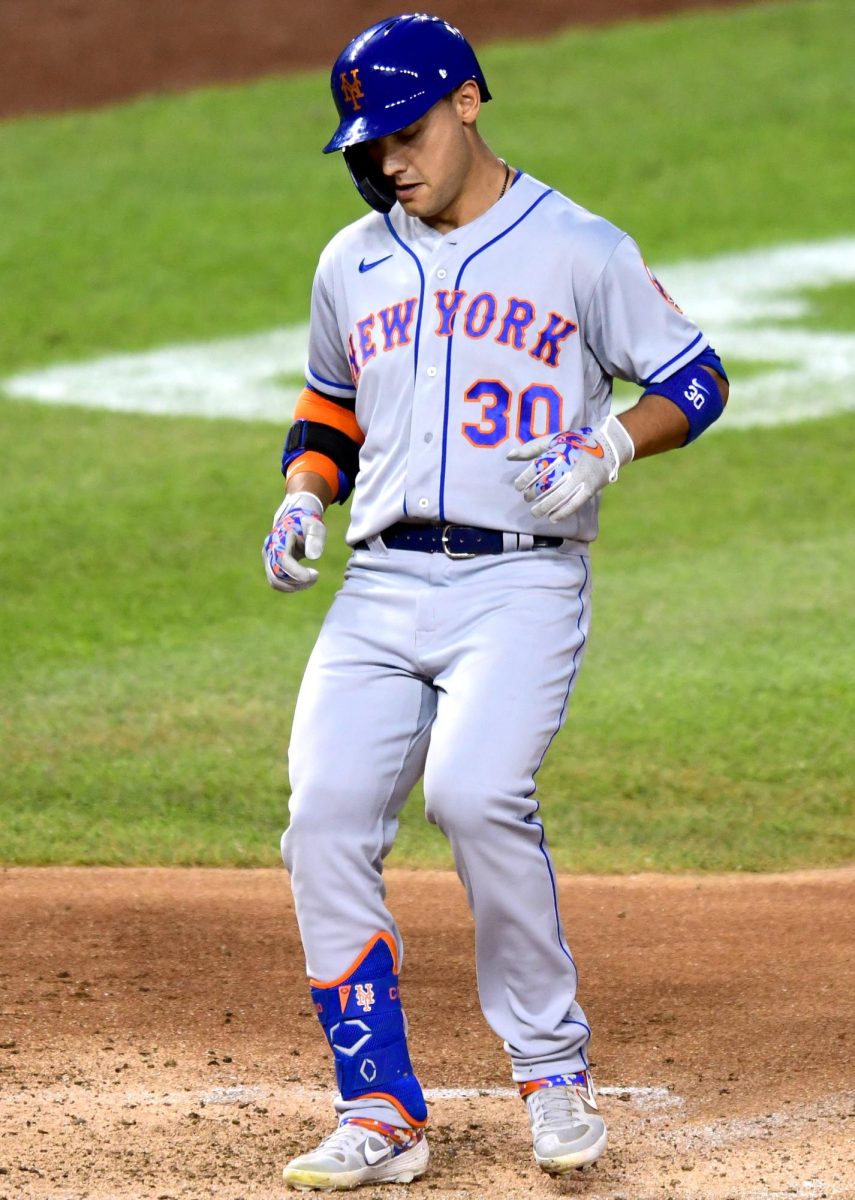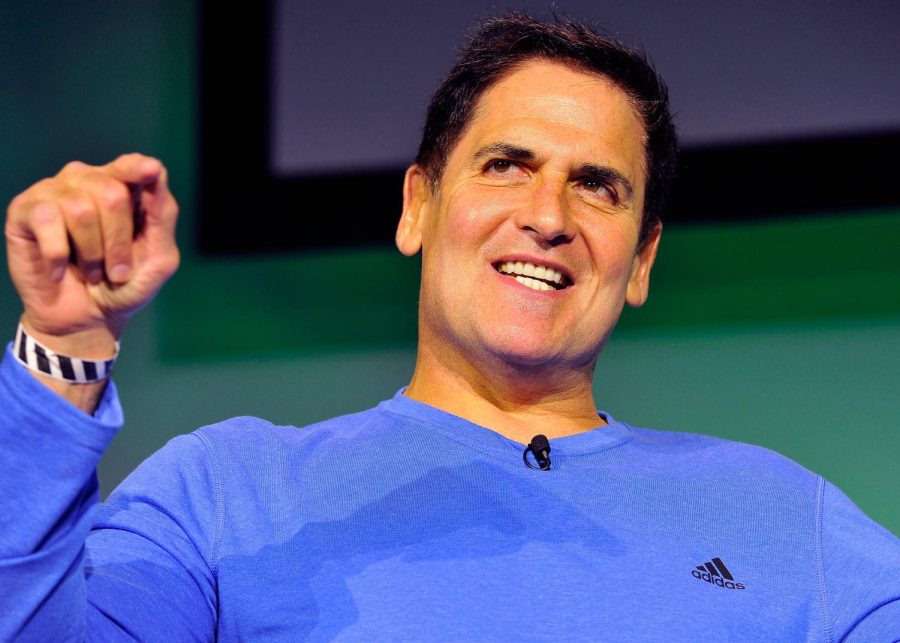Dallas Mavericks: Strategic or Immoral?
NBA’s Newest Scandal
May 3, 2023
Philosophers and athletes continuously question the ethics and morality of sports since 7000 BCE when the ancient Greeks introduced them. In the Introduction of the Philosophy of Sport by Heather L. Reid, the author mentions multiple normalized sports practices that defy the ethics of the game, but are not technically illegal.
One contemporary example is in the sport of basketball when the Dallas Mavericks had an incident that has caused disruption and debate in the sports world. In recent news, the NBA fined the Mavs $750,000 for ‘Desire to Lose’ a game. Basketball teams began losing games intentionally (aka “tanking”) for a better draft pick for years, but the Dallas Mavs made their efforts too obvious, leading to discipline from the NBA. Usually, when teams intentionally lose, the manager will disguise their intent by using a strong starting lineup, faking minor injuries that players can easily cover up, or resting a star player.
In the Mavs game, the NBA accused the team of benching key players who were healthy in an elimination game. The league suggests Mark Cuban, the team’s owner, did this to improve their chances in the upcoming draft lottery. The statement released by the NBA states the Mavs “demonstrated through actions and public statements the organization’s desire to lose the game in order to improve the chances of keeping its first-round pick in the 2023 NBA Draft.” Intentionally losing for an improved draft stock is not new for the Dallas Mavs, as Cuban was fined $600,000 in 2018 after he told his players that “losing is our best option” because they weren’t competing for a playoff spot. The New York Times reports that Luka Doncic, the team’s best player, only played 13 minutes of the game. Due to their efforts (or lack thereof), the Mavericks lost the game 115-112, and the Bulls eliminated them from a chance to fight for a spot in a play-in game.
After the fine, Coach Jason Kidd admitted the intentional loss to reporters when he said, “Decisions sometimes are hard in this business. We’re trying to build a championship team. With this decision, this is maybe a step back. But hopefully, it leads to going forward.” Although the NBA brought justice to the situation with a fine, many fans wonder if the Mavs should have had a more significant penalty, considering that trying to lose a game goes against the exact goals of any sport. Despite this ethical and moral debate, purposely losing sports games is not rare. Owners like Mark Cuban consider a $750,000 fine worth a better draft pick.
Another instance of intentional losing was in Italy’s 2011 World Fencing Championships; Sarra Besbes, a famous African fencer, refused to compete against her opponent, Noam Mills of Israel. Her intentional loss was not only viewed as immoral, but also anti-semetic. All cases of losing, even in the name of “the greater good” are disgraceful actions in sports.
It seemingly stands that the NBA had every right to punish the Mavs because they attempted to take unfair advantage of the game of basketball. The NBA created specific draft rules so that each team’s draft picks come directly from their season’s result. When teams purposely lose a game or multiple games, they alter the level of draft picks they will receive, creating an unfair playing field. For example, the Mavericks own a disappointing 38-44 record but are a competitive basketball team compared to teams like the 17-65 Detroit Pistons. However, because Mavs fans believe the organization lost multiple games on purpose this season, they likely will receive a higher draft pick than they initially would have if they battled for victory in every game. Overall, the NBA and their fans do not appreciate the Mavs’ intentional losses, as doing so creates impurities among the rules of the sport. Associations and sports management should continue to enforce the rules of their games in a respectable, transparent, and effective way, like the NBA’s decision with the Dallas Mavericks Scandal. However, perhaps the NBA should have punished the Mavs by affecting their draft pick in addition to a fine.




